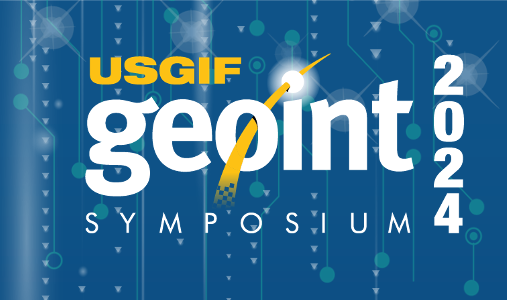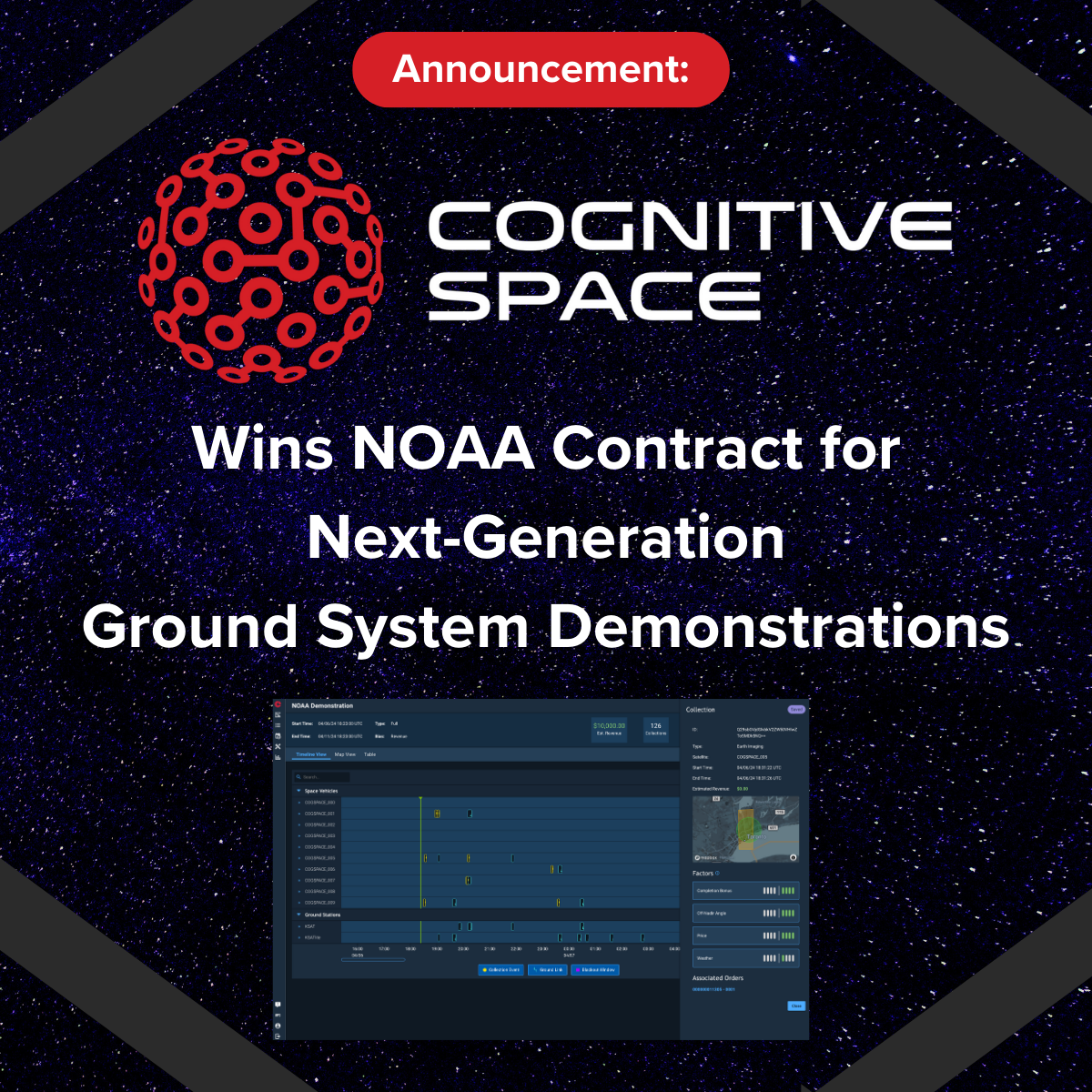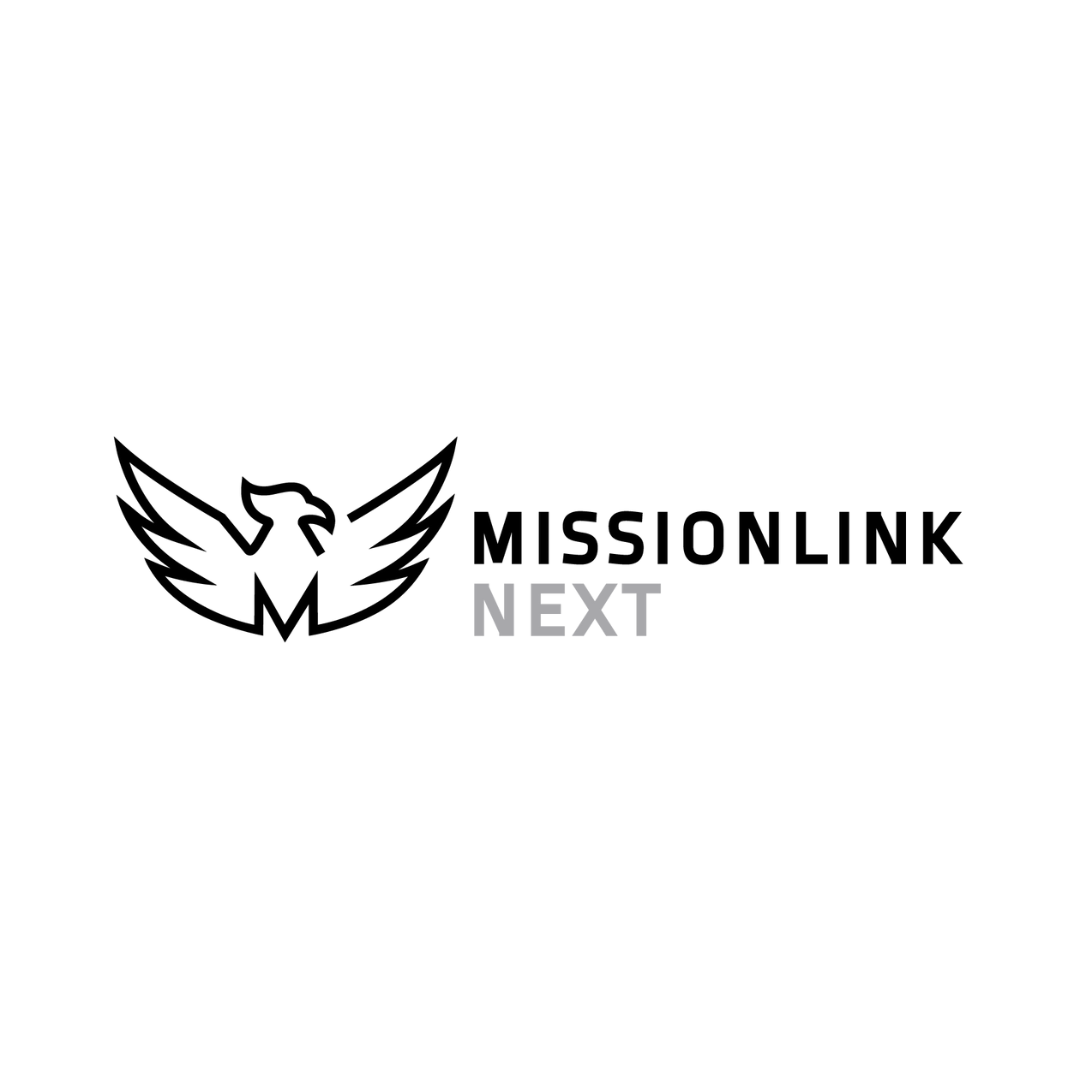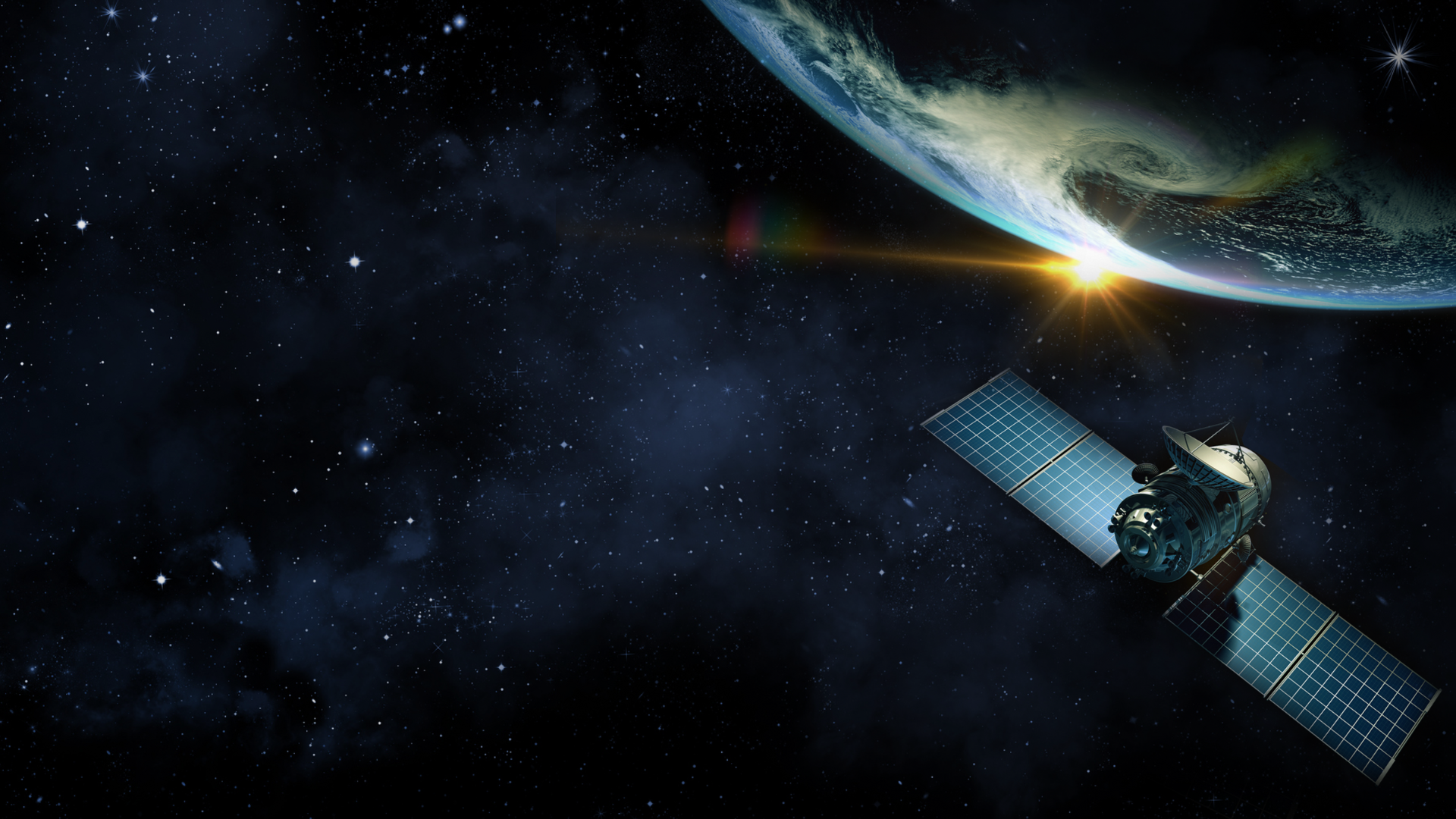What if we lived in a world where human progress and sustainability were in alignment? If you look at progress in Space and AI as two examples out of many in deep tech (genetics, fusion tech, quantum, nano materials, etc.), they are in complete alignment. Space promises ways to better understand our world, creates open fields for new economic frontiers, and gives a global perspective of the Earth, from a national security, sustainability, and connectivity point of view. Many who have gone to space have shared a sense of reverence for our planet, or even deep sadness in how we must be better stewards of our mother ship (read William Shatner’s poignant account of his Overview Effect experience). Artificial intelligence gives the promise of immense efficiencies, through better understanding of cause and effects, leading to more effective decisions for a growing economy and a sustainable society.
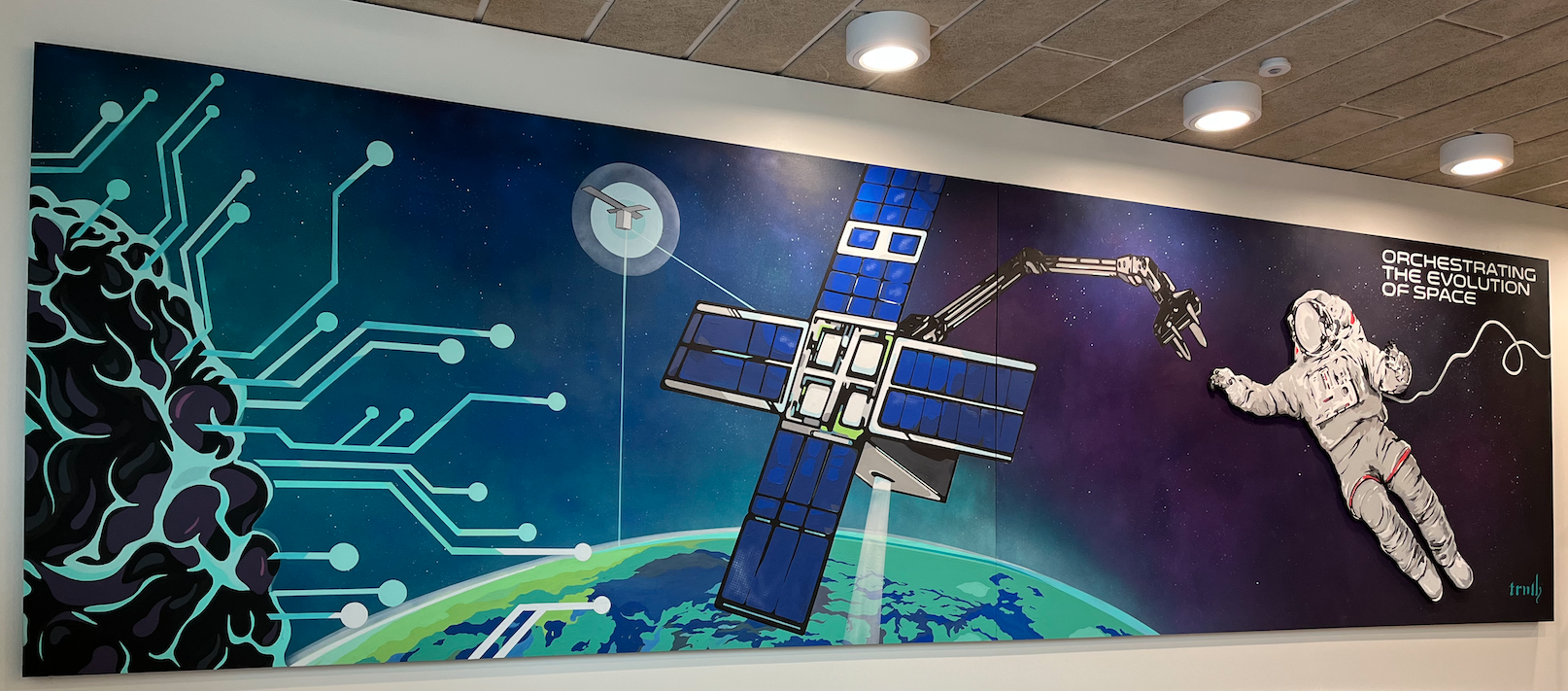
he general idea that we could make better use of space if we leveraged modern AI technology to manage space assets, for the benefit of society.
At Cognitive Space, our core values are to Be Audacious, Built Trust, Execute Fiercely, Seek Excellence, and Take Ownership. I will lead by example and share why these values are important to me, what has shaped my perception of the world and what pushed me to liquidate my 401k (that I spent the first 10 years of my career building) and not take a paycheck for 2 years, to start what is and will continue to be a truly disruptive company, one that will bring a net-positive to the world. I am incredibly proud of our accomplishments and proud of the role I’ve played.
I’ve always been audacious, or some would say persistent, stubborn, or some would even say reckless. Yes, I am a risk taker, but not a gambler (even though I dealt Blackjack to pay for college). Yes, driving / busing down to the tip of Argentina from Montreal over 4 months in my early twenties was slightly reckless (in the eyes of my mother at least), but the payout in personal growth was enormous. My father instilled a sense of can-do in me. And for better or worse, I never shied away from diving head-first in things I had no clue how to do or what to expect. Terrified of public speaking? Became a lead instructor and drill master in the cadets in my teens. Didn’t know how to write professional software out of college with a degree in mechanical and aerospace engineering? Wrote a ton of software to eventually win the exceptional software of the year award at NASA. Didn’t know how to start a company? Joined a slew of accelerator programs and built a company that I’m proud to say is making a real impact in the space industry. I had to learn how to write proposals and navigate working with the DoD without prior network or experience, and still managed to close $6M in contracts with 4 different agencies. I always felt comfortable, being uncomfortable. Starting this company (while starting a family with our first born 4 years ago) has been incredibly rewarding and terrifying. My willingness to take on anything and learn as I go is my “secret weapon” if I have one.
I did not come from wealth. I grew up in a financially stressed household, from a small town near Ottawa, in Canada. That simple fact, combined with perhaps being a middle child, has made me very independent and self-reliant, never taking success for granted. I started my first “business” at 11, selling junk from door to door and offering a snow shoveling service (I was in Canada after all). Worked many odd jobs to pay for college and get what I needed. As a teenager, I was fortunate to be in the Air Cadets (a free program in Canada), where I earned my glider and private pilot license, earned the highest ranks, medals, honors etc. to make me feel like my life was made at 18. I had ambitions of being an astronaut and did reach top 75 candidates for Canada’s Astronaut campaign in my late twenties but got kicked out because of bad hearing. Doh! But because of my humble beginnings, I felt that “risking it all” on this company in 2018 was not a hard decision, given that I didn’t have much to start with and had absolute conviction in the premise of this company.
There have been several key influential people in my life that have shaped my view of Space and its potential. During college, I spent money I didn’t have to go to space conferences in the US, Europe and Korea. Met some very inspiring people along the way (Buzz Aldrin, Chris Hadfield, Bob Zubrin, Bob Richards, Rick Tumlinson, Elon Musk and many others) that gave me a very poetic view of what space can be. Talks of Space being the next frontier or the 8th continent – to borrow from Bob Richard’s vernacular – that we should set foot on Mars and build colonies, and that it is humanity’s destiny to expand into the cosmos. It led me to join the International Space University summer program at NASA Ames in 2009, and join the “space mafia”, a growing network of space professionals that have infiltrated every space company and organization in the world. Through that program, I met truly inspiring people, such as Soyeon Lee, South Korea’s astronaut, and Will Marshall and Chris Boshuizen who would later start Planet Labs, arguably the most successful nanosatellite constellation operator to date. In my professional career, I joined Firefly Space Systems led by Tom Markusic, where I saw what can happen when you put super smart engineers together to solve hard problems with new ideas, working towards a bold mission.
More recently, I’ve had key mentors that have helped me grow as the Founder and CEO of a startup, including Chris Wake (through the Creative Destruction Labs accelerator), Jonathan Fentzke (through Techstars Program), and our early lead investors, Jennifer Roberts from Grit Ventures, Andy Feinberg and Bob Mason from Argon Ventures who provided truly valuable guidance. Big thanks to Charlie Jacka at AFRL for being a strong supporter from day one as our first customer. Also grateful for the help from our advisors, Scott Hayford and Keith Masback, for helping navigate the complex world of the U.S. DoD, and the many, many others who have been instrumental in the success we’ve had so far. Truly grateful.
I’m beyond fortunate to have my wife, Annie Chan, by my side throughout all this. The company would simply not exist without her. She has been my unofficial advisor every step of the way and has shouldered a lion share of family responsibilities and nurturing our kids. She’s been a steadfast partner, a rock in my life and my biggest motivation to do great things. Love you honey.
I’m also fortunate to have met Scott Herman through the TechStars program, who had a brief but consequential role as CEO of Cognitive Space from April 2021 to August of 2022. While we had important differences in leadership style and perspective on the way forward which ultimately led to his departure, he brought a great wealth of domain expertise in remote sensing that was needed when he joined. I’m also incredibly fortunate to have Hanna Steplewska (President, COO) by my side. Hanna embodies our values perfectly and brings grit and rigor to our business operations that will propel us to great heights, made evident by the significant success we’ve had with commercial space.
From an engineering perspective, I started Cognitive Space because I’ve seen what space can do but felt like its full potential wasn’t (and still isn’t) being fully realized. In grad school, I learned that toaster sized satellites can detect illegal fishing, and a fleet of 8 nano-satellites could perform real science in observing distant stars, despite the significant manual effort required to operate them. As a contractor and consultant at NASA, I worked on exciting technology that would eventually bring humans back to the moon but using old school systems that were completely inflexible and took months to test, despite the 100’s of parameters to make it “configurable”.
Through discussions with friends in space and through the space mafia, I was surprised to learn that commercial satellite companies weren’t adopting AI the way all other industries were doing, given its immense power in gaining rapid insight from a vast sea of data. It was likely a lack of a true need, given that expectations for space data were on the order of days or weeks, and that most NewSpace companies (think Planet and Spire), were operating relatively simple satellites that did very repetitive tasks. The legacy players, like Maxar and Lockheed, operated a few exquisite satellites managed by an army of operators. These methods have worked so far, but clearly will not scale to the new dynamic satellite operations environment.
Without making this post too much of a company pitch, the world is now changing very quickly, and the need for automation is now urgent. Constellations of tens or hundreds of satellites are being deployed with complex operations and tasked dynamically against changing priorities. In a mix of luck and foresight, I started the company when the problem wasn’t quite pressing yet, but early enough to give us the time to be ready today, when the problem is now real and pressing for satellite companies going forward.
I learned a ton starting this company and made lots of mistakes: I hired too quickly and fired to slowly, often ignoring my gut. Had unrealistic expectations on development velocity. Tried to raise money before any traction (met over 80 VCs when the company was a total of 1). I wrote more crap SBIR proposals that I can count before finally getting a first positive response with the help from consultants in the know. I assumed a government contract would come quickly after a verbal commit (took 9 months longer than expected – hence the liquidation of the 401k, using shark loans to make payroll, etc.). Wrote patents myself. Got bogged down using too many tools / CRMs / etc. before I really needed them. Changed major software frameworks too quickly, before reverting to the original. And on and on.
First two years of the company were hell. No income, first child, supporting extended family back home, while wearing every hat there is in a company, most of them ill-fitting (they fit a little better now). I attribute the success of surviving the valley of death to stubbornness, conviction that we were building something important, and yes, maybe a bit of arrogance and recklessness on my part.
I did make some good decisions along the way, or we wouldn’t still exist: Two of the first hires I made in late 2019 (Dax and Paul) are still with us today and had a huge impact in the success of the company. Made some other incredible hires since. Changed early focus from onboard autonomy to ground based system automation. Built a solution that could address both Government and commercial needs. Said no to revenue opportunities that would have brought short term traction at the detriment to our long-term success.
The most important lesson I have learned so far – and what I believe makes me an effective CEO – is the importance I place on active listening: considering decisions holistically from both bottoms-up and top-down priorities, building a strong culture, anticipating issues and future needs, and having a strong long-term vision to which every decision is based on. The areas I’m focused on improving the most are in more frequent real-time communications (a phone call can do wonders), putting my thoughts on paper (like this post), and better letting go of old hats as we continue to grow the team.
To wrap up what is now a long post, I will share some thoughts on where I see the future and why I think what we are doing is so important. Space is now entering a new chapter, which Cognitive Space will help write in a major way. This chapter is no longer strictly about easier and cheaper ways to build and launch satellites or the advent of new payloads that can see the world in different ways. This next chapter will be focused on leveraging the proliferation of space assets in a more intelligent way with an ever-tighter feedback loop from downstream demand. Just like the stock market is responding faster to political or economic events, satellites will be operated both autonomously and dynamically, driven by pressing needs for their services by every segment of the economy. In the DoD and intelligence community, space is a means of getting data of a crisis zone at what they call the “speed of relevance”. The same is true in commerce. There are overall causal effects in the economy that space can help either attenuate or mitigate should satellites be utilized intelligently, such as avoiding supply chain disruptions caused by downstream issues (a clogged shipping port for example), or re-routing of resources due to weather patterns, or interception of illegal fishing, or ensuring national security through facility monitoring against possible threats.
Thinking very long-term, a better understanding of causal effects of the world, and how to make real-time adjustments will lead to a better more sustainable world and propel us to our next evolution as a human species. It will push us through the next major obstacles and potentially avoid the collapse of our planet and civilization. It will enable us to look forward as a space fairing society.
Space has the potential to change everything, and represents the next frontier of human evolution, the ultimate destination that gives reason for technological progress in AI, quantum computing, mind machine interfaces, fantastic new materials, and DNA alterations to survive space travel. It’s no wonder that space is the focal point of most futuristic science fiction novels and movies.
I feel incredibly fortunate to be leading a company with an amazing team, with the potential of having such a material impact on the space market, economic prosperity, and human progress. While this blog post was a self-introspection, the story of Cognitive Space is one of a group of like-minded and driven individuals who want to change the world.
Looking forward to continuing sharing our story as it unfolds.
Guy



